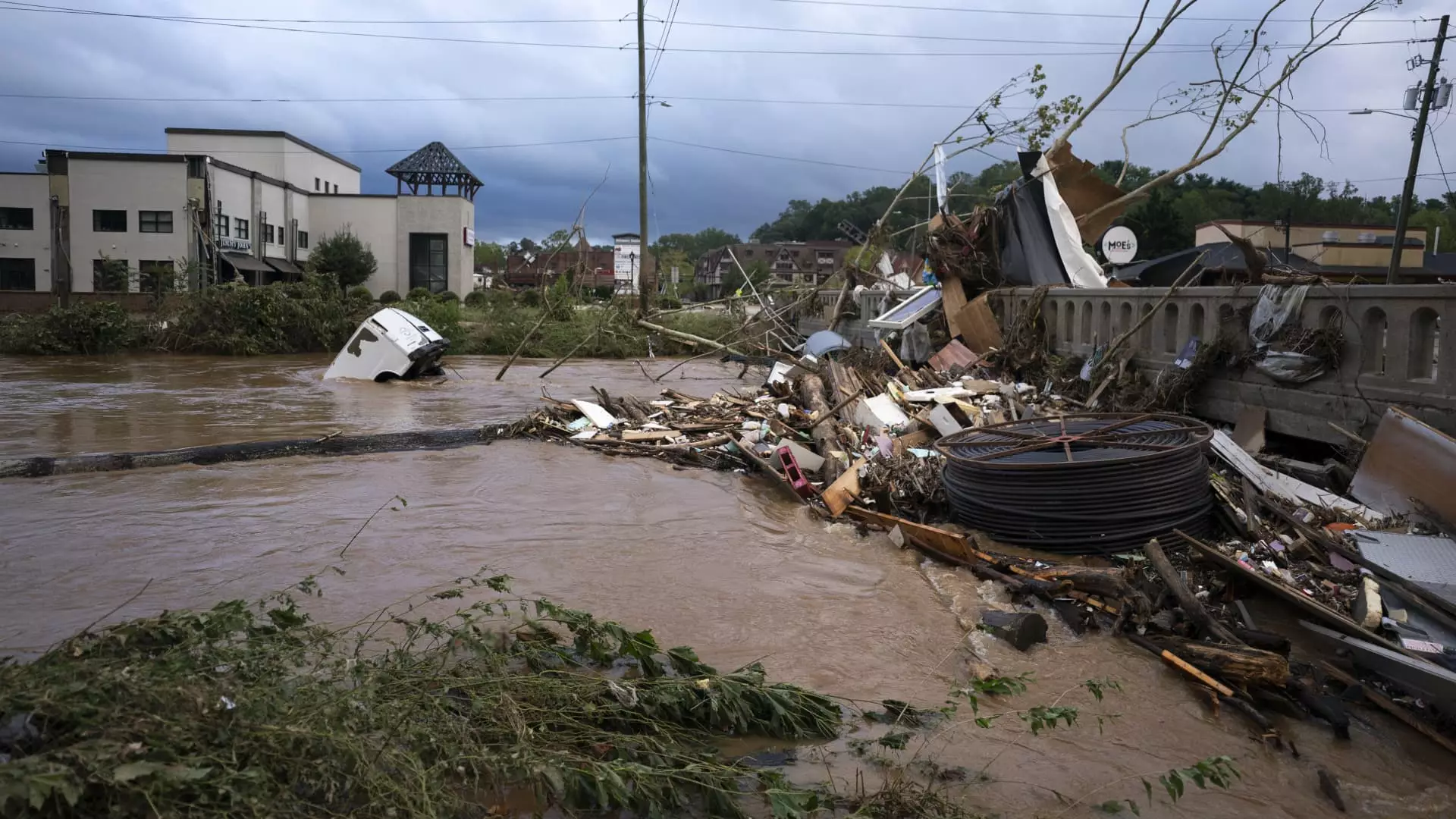The aftermath of Hurricane Helene has unleashed not just the physical damage associated with natural disasters, but also a surge in unscrupulous behaviors aimed at exploiting those most in need. From price gouging to fraudulent offers from supposed relief agencies, it is crucial for residents of affected states to remain vigilant. This article explores the risks of scams following the hurricane, particularly focusing on price gouging, and provides practical tips on how to safeguard yourself.
Price gouging occurs when essential goods and services see significant price increases, particularly in times of crisis. After Hurricane Helene, states such as North Carolina have reported a troubling rise in complaints related to inflated prices. Attorney General Josh Stein has emphasized the urgency of this issue, indicating that his office processed over 100 allegations, despite the enactment of anti-price gouging laws parallel to the state of emergency declaration.
While basic supply and demand may result in typical price fluctuations, there’s a fine line where opportunistic businesses can exploit desperation. For example, when bottled water costs escalate from an average of $5 to $10, the act transcends normal pricing and steps firmly into the realm of unethical behavior, according to Teresa Murray from the U.S. Public Interest Research Group. It serves as a reminder that not all price changes are the same, and recognizing these spikes is crucial for consumers.
Across the United States, 37 states have enacted measures against price gouging, yet enforcement can vary significantly. The presence of legal protections, such as those in South Carolina, does not eliminate the possibility of violations, which means consumers should remain alert. Even though Vice President Kamala Harris is advocating for a national ban on these practices, opposition exists that suggests such laws could inadvertently disrupt supply chains, complicating matters further for businesses trying to recover from the disaster.
If consumers realize they are facing exploitation, experts recommend addressing the matter tactfully with the business first. However, if the issue persists, individuals can escalate their complaints to the relevant state attorney general. Collecting evidence, like photographs of inflated prices, can be particularly useful in these instances.
Beyond price gouging, residents recovering from Hurricane Helene should be on guard against various types of scams that proliferate in the wake of disasters. Many individuals will attempt to pose as legitimate representatives from organizations such as FEMA, insurance companies, or local law enforcement in order to deceive victims. The Georgia Attorney General’s office has alertingly urged residents not to disclose personal or financial information to individuals purportedly representing these agencies.
It is important for consumers to recognize that services from government agencies like FEMA and the Small Business Administration (SBA) should not require any form of payment. The caution also extends to offers for home repair that may emerge in the community. Residents are encouraged to check in with their insurance providers before commencing repairs and to validate the legitimacy of contractors by asking for references and checking their records with the Better Business Bureau.
The financial implications of a natural disaster extend even to vehicle purchases. Potential buyers should ask critical questions about a vehicle’s history—especially regarding flood damage, which can compromise safety and performance. Tools like the National Insurance Crime Bureau’s VINCheck and Carfax’s flood check can aid consumers in verifying a car’s history before making a purchase.
As the outpouring of generosity fills the aftermath with donation offers, many altruistic individuals also need to be wary of charity scams. Misguided donations can inadvertently support fraudulent organizations. To ensure donations are going to legitimate causes, potential donors should refer to trusted platforms such as Give.org or CharityNavigator.org.
The post-Hurricane Helene landscape is fraught with challenges that bring out both the resilience and vulnerabilities within communities. While navigating the complexities of recovery, awareness of potential scams, including price gouging and fraudulent offers, can empower residents to protect themselves financially and emotionally. Remaining informed and cautious, reporting unfair practices, and conducting proper due diligence can make a significant difference in ensuring community healing without falling prey to opportunistic scams.

